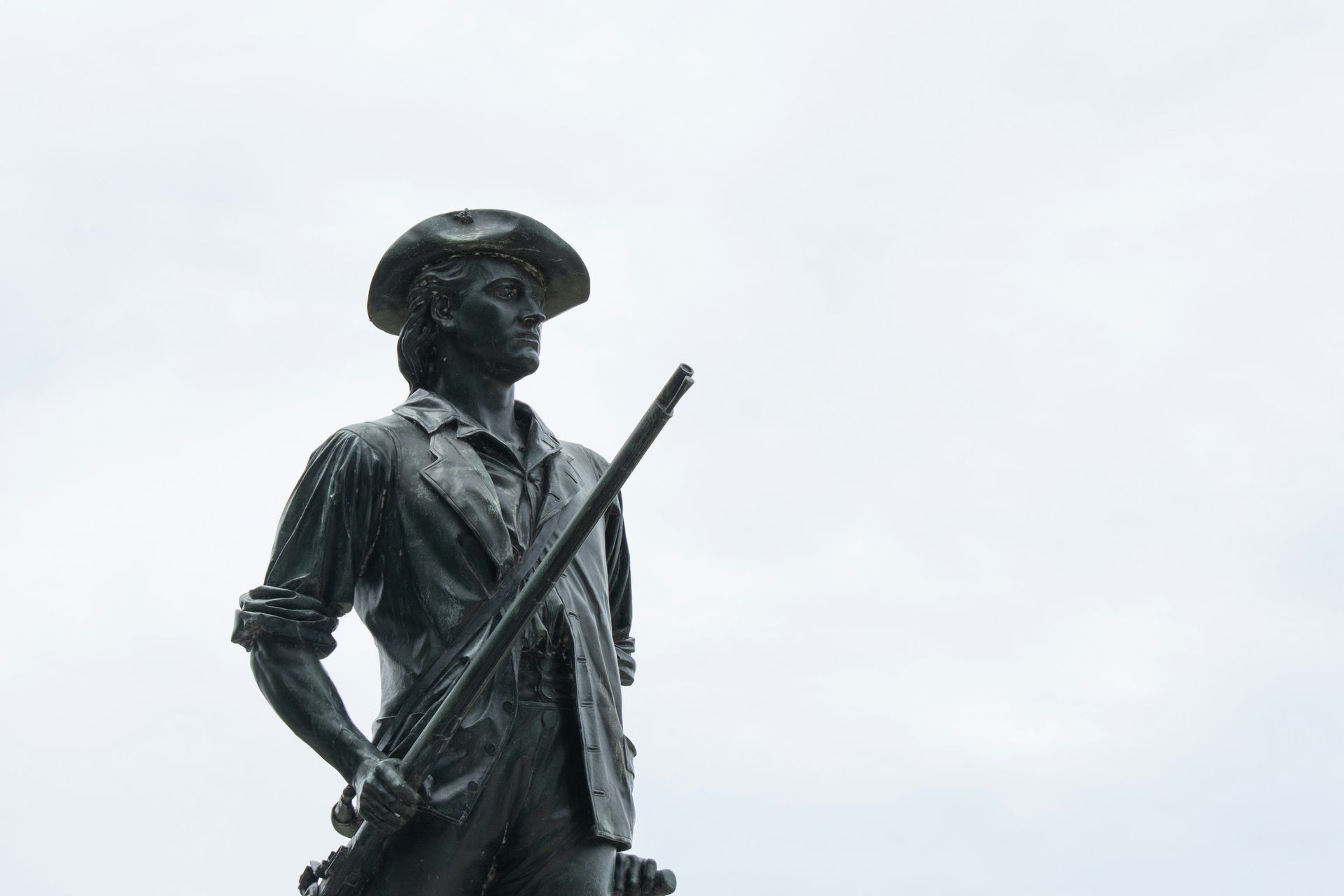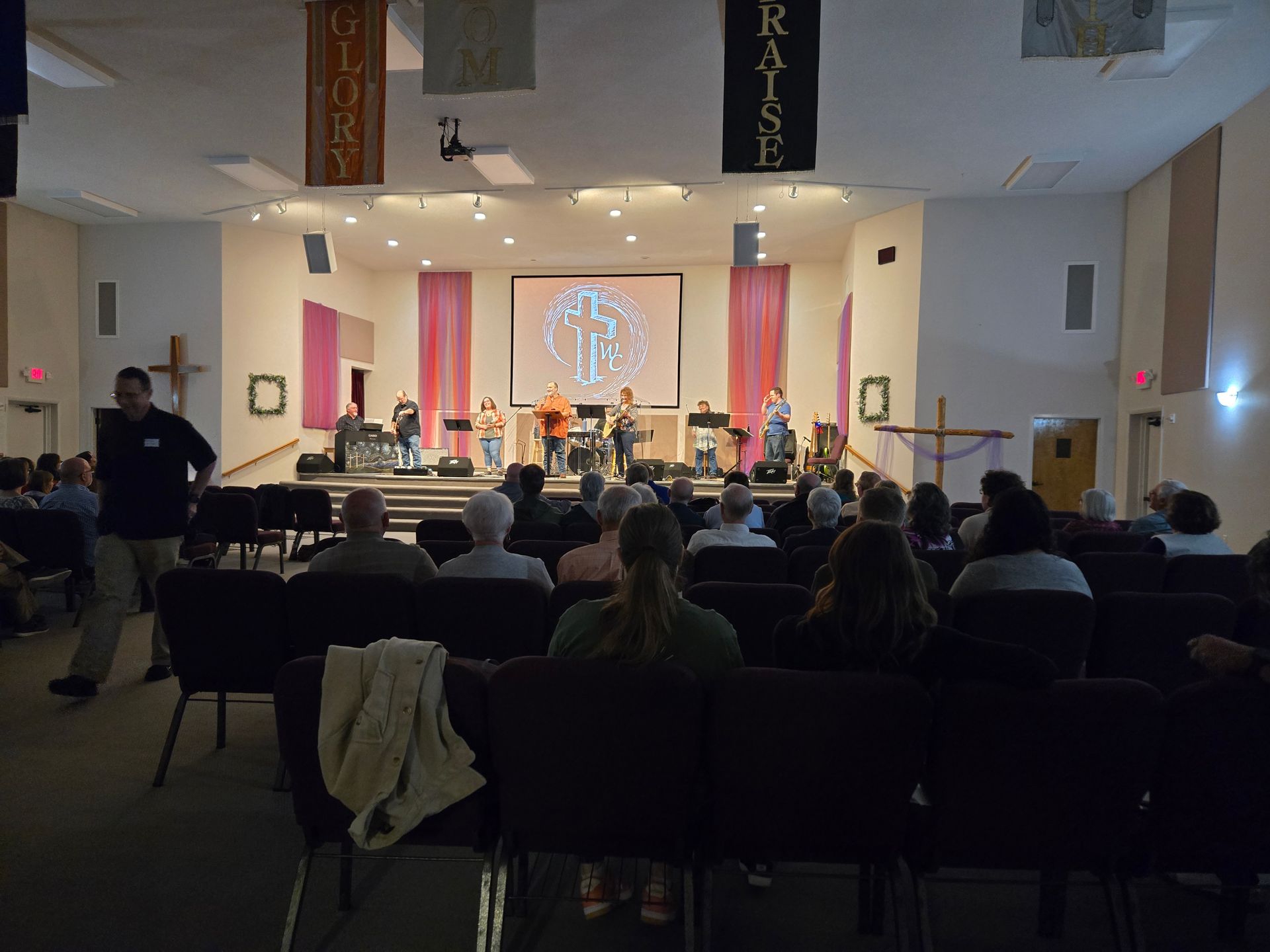A Losing Proposition
Daniel Kahneman died in late March. There’s a good chance you’ve never heard of him, and you’ve likely benefitted from his work. Kahneman, an Israeli American author and psychologist, spent an illustrious career studying the psychology of judgment and decision-making. You might have heard of his book “Thinking, Fast and Slow.”
One of Kahneman’s key findings was the shortcuts our minds take in decision-making. Decisions that are made without thinking, unbeknownst to us. These shortcuts are important for survival, they are efficient and simply a part of life. Everything from how big of a bite of pizza you take to the route you drive each day to the office – subconscious decisions with massive implications.
This efficiency comes at the cost of accuracy. Many of our instincts are poorly calibrated (they’re flat wrong, often). To help ensure the speed needed, the human brain serves up equal parts speed and confidence on these decisions. Kahneman’s work demonstrated repeatedly humanity’s bent toward being frequently confident and often wrong. Our hard wiring to this end is impossible to avoid, but recognizing it helps us discern between the trivial and the important.
Put another way, taking a moment generally leads to better decision-making.
Loss-Aversion
Kahneman was a psychologist by trade, but in 2002, he won the Nobel Prize in Economics. Up to that point, economists “relied on the assumption of a ‘homo œconomicus;’” a self-interested being capable of rational decision-making. Kahneman’s work demonstrated that humans systematically depart from that description, however. Humans—on a regular basis, in fact—do not act in a logical, rational, self-interested manner.
(Hallelujah and “uh-oh” are equally appropriate responses to this finding.)
Expectations about human decisions and behavior are the basis of economic theory – whether to take that new job offer, whether to sell the house or stay, how much to pay for your new jeans. Kahneman showed the established expectations were incorrect.
An early insight Kahneman brought to this end was the observation that we feel the pain of loss more intensely than the pleasure of profit. To an economist, it’s irrational. We put more value on not losing $100 than we do on gaining $100.
Further, we have a skewed perception of probable gains or losses. We overestimate the likelihood of unlikely things.
Don’t believe me? Ask your local insurance agent.
Insurance is a wildly profitable business because we would rather suffer a series of guaranteed losses (the money we pay in premiums) to avoid the risk of a single but unlikely catastrophic loss.
I’m not suggesting you get rid of your insurance policy, but it does illustrate the point.
We avoid losses with much more enthusiasm than we seek gains.
Loss Leaks
Our propensity to avoid loss seeps into everything. It’s in your church pews and your board meetings, no doubt. Unchecked, it can be a cryogenic freeze on the Holy Spirit moving the body of Christ.
Here are four areas loss aversion leaks in that you might encounter:
Identity – Loss aversion here manifests in statements like, “I helped build this,” or “So and so worked so hard to make it this way.” We’ll hear thoughts or statements talking about history, tradition.
Familiarity/comfort/control – “I like what we’re doing now,” “I’m comfortable doing it this way.”
Competence – “What if I don’t have the skills/abilities needed to lead or influence when things change?”
Place/belonging – “What if the change makes me obsolete or unnecessary?”
Leading against our deep-rooted desire to avoid losses of any kind requires acknowledging and speaking to potential losses and fears people have.
Take some time. It’s hard to allow the Holy Spirit to transform us if we’re always operating in “fast thinking” mode. In your church and your leadership, take time to consider every decision, even the automatic ones. Especially the automatic ones.
Honor the traditions, history and people that brought you to this place. Understand the inputs of your identity, not the outputs or byproducts. For example, we serve because Christ first served us. Our identity is found in a Savior who served the least of these. There are many outputs as a result, and serving others is one of them. But many organizations, including those not rooted in Christ serve people. Identity is in found in the inputs.
Finally, draw a bigger circle. One finding in Kahneman’s work is that humans make decisions that are less “rational” or “self-interested” when their circle (or better put, their “self”) is bigger. Essentially, when we make decisions not only for our own good, but for the good of others. Life insurance makes more sense when I consider my spouse and children. Choosing a car that pollutes less makes more sense when I consider my community. If loss is leaking into your pews or your own thoughts, perhaps the sense of “self” has become too small.
We are not our own, after all (1 Cor. 6:19-20). We were bought with a price, an unthinkable, wildly irrational loss that led to an immeasurable gain. Thank God.
Patrick Sprague
Park Street Brethren Church
Photo by Felix Mittermeier on Unsplash










